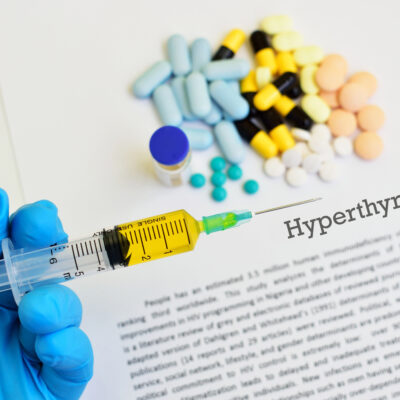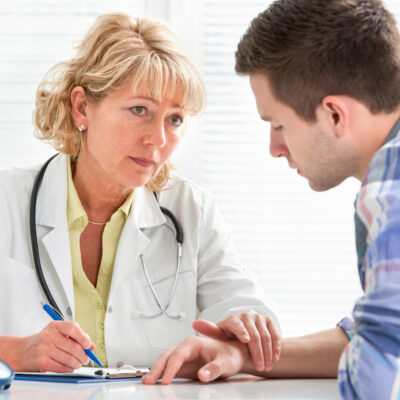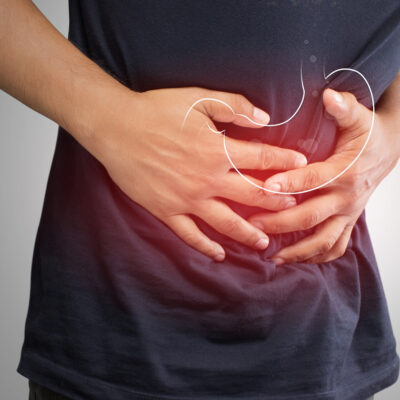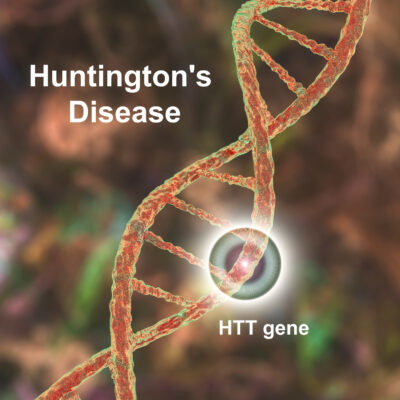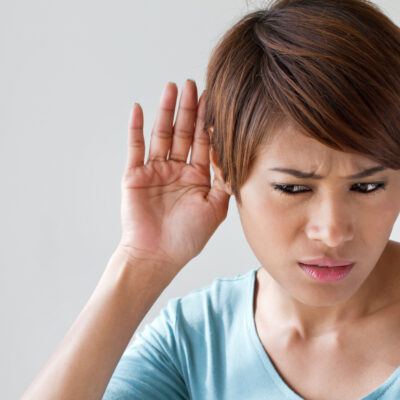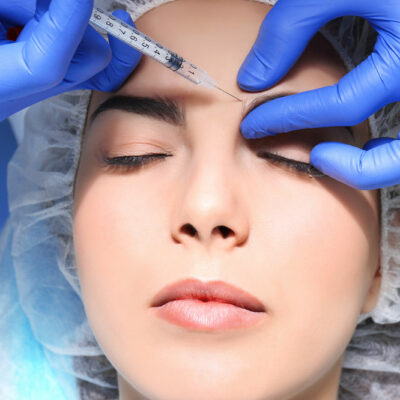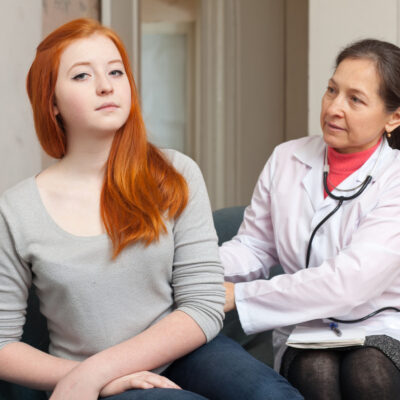
Health
Early Symptoms of Kidney Cancer
Kidney cancer occurs when healthy cells in one or both kidneys continue to grow out of control and form a tumor. There are many types of kidney cancer, but the most common form in adult patients is renal cell carcinoma, which if left untreated can develop into stage 4 renal cell carcinoma and require aggressive treatment. In most cases, renal cancer stays in the kidney but may spread to other organs, such as the lungs, brain, and bones. Treatments for renal cell carcinoma include surgery, targeted therapy, immunotherapy with medications such as Inlyta (be sure to consult doctor’s Inlyta prescribing information closely before taking any medications), and medications like Opdivo. When kidney cancer is diagnosed at an early stage, the symptoms can be managed easily. The following symptoms are prime indicators of kidney cancer: 1. Blood in the urine (or hematuria) According to the Kidney Cancer Association, Hematuria is the most common early symptom of kidney cancer. As indicated, kidney cancer mostly affects the renal tubules responsible for cleaning the blood and making urine. When they are dysfunctional, their ability to clean blood is compromised. The presence of blood in urine is sometimes difficult to notice and can only be detected through urinalysis.
Read More 
